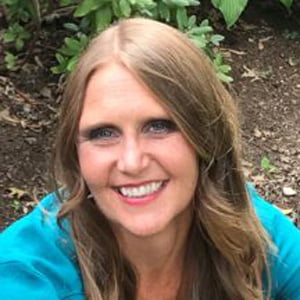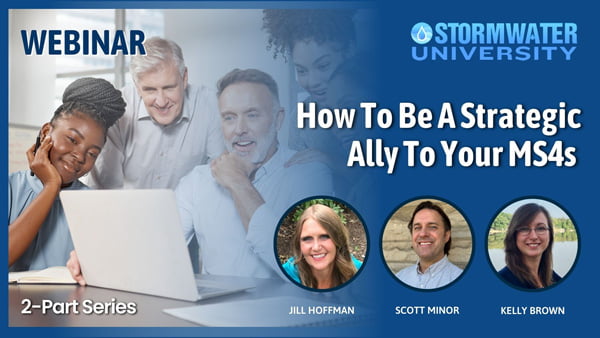Date: July 16, 2024 | 2:00 PM EST/1:00 PM CST
Speaker: Jill Hoffman
Credits: 0.1 CEU / 1.0 PDH
Get the entire team trained! Click here to make a group purchase or register on behalf of a colleague.
Have you ever wondered how to create a grassroots public education and engagement program that brings about real, measurable behavior change? How about creating a program where businesses and partner organizations promote and share your messages about water for you for free? Clear Choices, Clean Water© is a social marketing program focused on how the individual choices we make impact our waterways. The program’s unique strategy to increase awareness about topics such as lawn care, pet waste, native plants, water conservation, and much more has garnered the attention and financial support of dozens of agencies, non-profits, utilities, and municipalities across Indiana and other states. The Clear Choices Program was designed by and for MS4s and directly services MCMs 1 & 2.
This webinar is Part 1 in a 2-part series and will explore the various program elements behind the Clear Choices program’s successes, including the cornerstones of social marketing and social indicator science, as well as key messages and potential barriers to behavior change. Learn how to build an effective outreach campaign through techniques such as: comprehensive program branding, targeted message distribution, staged auto-communications, personalized scientific feedback, creative collateral pieces, and mass social media engagement. This webinar will also showcase how local or state pollution load reduction models can be built into outreach efforts to help participants understand the role they play, and, also, how load-reductions can aggregate to help build community collaboration and meet water quality or conservation goals.
Learning Objectives
Upon completion of this course, participants should be able to:
- Explain how to meet stormwater permits requirement for public education and involvement
- Implement a widespread social marketing and behavior change initiative
- Measure the impact and outcomes of public outreach
- Use social media and various other media and marketing for environmental messaging
- Develop partnerships and leverage new funding sources around public outreach
About the Presenter
Jill Hoffman, Executive Director, White River Alliance

Jill Hoffmann is the Executive Director of the White River Alliance – a non-profit, multi-stakeholder organization based in Indianapolis focused on protecting and improving the White River and its 16-county watershed. She has a Master’s in Environmental Science and a Master’s in Public Affairs from Indiana University, as well as a BS in Biology from the University of Wisconsin. Jill has split her career between public government service, private consulting, and non-profit management – giving her a wide range of experience on water quality issues. Her recent work on behalf of the White River Alliance is gaining national recognition as a model for watershed partnerships and programs.




